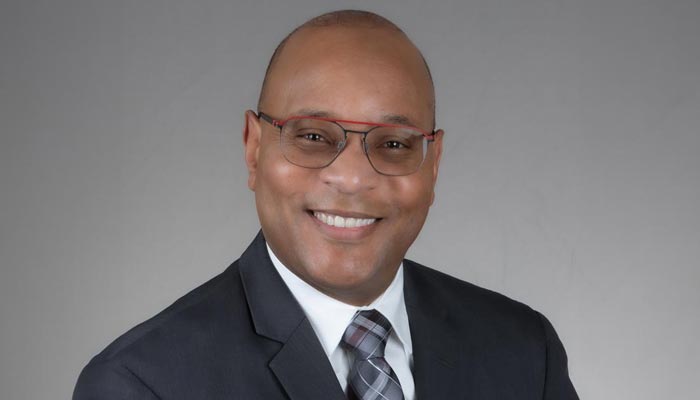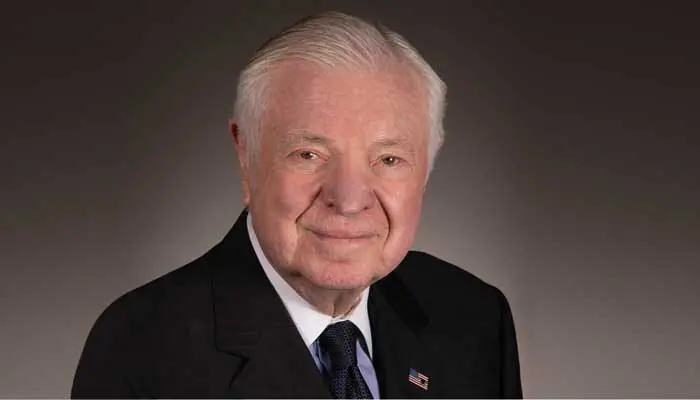With 28 acute care hospitals and a growing number of freestanding emergency departments, Universal Health Services is committed to helping people in the communities we serve to live heart-healthy lives, and to being there when people face heart-related emergencies.
Heart disease remains the most common cause of death in the United States, and that is not expected to change in the foreseeable future. It's important to be in a relationship with a primary care provider. They can help to identify cardiovascular issues and address them effectively.
Also, it’s crucial to seek care if you think you are having a possible cardiovascular event. Contrary to the idea of a heart attack being sudden and massive, many cardiovascular issues make themselves known through an accumulation of symptoms over days and even weeks. It's important to identify issues and seek care as soon as possible.
The following are examples of the range of experiences people can have, and of UHS' commitment to care.
A Life Saved, and Saved Again, and Again
Valerian D’Souza had been experiencing stomach problems for several years. When medication didn't help, his son took him to a nearby freestanding emergency department, ER at Spanish Springs, an extension of Northern Nevada Medical Center®. When he arrived, medical staff brought him to a treatment room and started to assess his condition. Before they could start an EKG and draw blood, D'Souza went into cardiac arrest. He was resuscitated and went back into cardiac arrest several times afterward, the beneficiary of a remarkable team effort that kept him alive until a deadly blockage in his heart could be addressed.
Today, D'Souza is back to work and exercise. He is humbled by the heroic efforts of those who helped save his life. “I am so grateful for all of the doctors, nurses and paramedics who took such great care of me. They really went the extra mile,” he says. “I also had a wonderful patient experience here, and recommend it to anyone, especially if you are having a heart issue.”
A Pioneer Returns a Second Time
Ten years ago, now-64-year-old Darrel Duncan noticed an unfamiliar feeling in his chest while visiting his parents in Torrance, Calif. An angiogram revealed that blood flow through Duncan’s coronary artery was 95% blocked, and he was the first patient to undergo a stent procedure at Temecula Valley Hospital. “I wasn’t nervous at all,” Duncan recalls. “I figured somebody’s got to be the first.”
More recently, Duncan was feeling shortness of breath, a hollow feeling in his chest, and pain in his left arm and jaw. Having learned from his previous heart issue, he wasted no time reaching out to cardiac surgeon Andrew T. Ho, MD, FACC, who had performed the previous procedure. Another blockage was discovered and cleared.
“They’ve always taken care of me, and they took great care of [my mother] too," Duncan said. "I’m happy with all the doctors and staff every time. Any time someone in my family is sick, that’s where we’re going. There are closer hospitals to us, but I always go to TVH. I can’t say enough good things about it.”
A Life Vest for 10 Months
For 10 months in 2020, Celia Juarez had extra weight on her shoulders – 2.2 pounds to be exact. That was the weight of the personal defibrillator, or LifeVest™, doctors recommended she wear around the clock after discovering she was at risk for sudden cardiac arrest. The LifeVest was there to help keep her alive if the worst happened.
After a decade of dismissing the pain and fluttering sensation she felt in her chest, Juarez went to a doctor and was diagnosed with congestive heart failure and cardiomyopathy. As part of her treatment plan, she enrolled in the Intensive Cardiac Rehabilitation Program, an innovative program offered by South Texas Health System to help people with severe heart disease – or those who have recently had a heart-related procedure – improve their health through a combination of education and supervised exercise.
Today, Juarez is no longer wearing the personal defibrillator and her heart health has improved dramatically. “I love the people here,” Juarez says of the program. “When you are here, they are right there beside you. They encourage you every step of the way and help you look at life in the most positive way.”
A Spring Training Scare and Recovery
Retired auto industry executive Ernie Withers, 68, was tossing a ball on the baseball field at Pirate City's Roberto Clemente Field during a Manatee (Fla.) Chamber of Commerce event in February 2023 when he went into cardiac arrest. “I had no symptoms prior, no warning,” says Withers. “I had no pulse for the two to three minutes I was down.”
Thankfully, Pittsburgh Pirates Medical Director Dr. Patrick DeMeo was nearby and quickly started PR. Withers was rushed into the cardiac catheterization lab at Manatee Memorial Hospital, where Cardiologist Jeffrey Rossi, MD, placed four stents to open up his blocked arteries, and Cardiologist Jared Collins, DO, implanted a dual pacemaker/defibrillator.
“My care at the hospital was unbelievable. The entire staff kept me informed on every detail,” explains Withers, who was in the hospital for three days. “Dr. Teresa Rawe and her staff were so attentive and comforting. The shift changes went so smoothly.”









